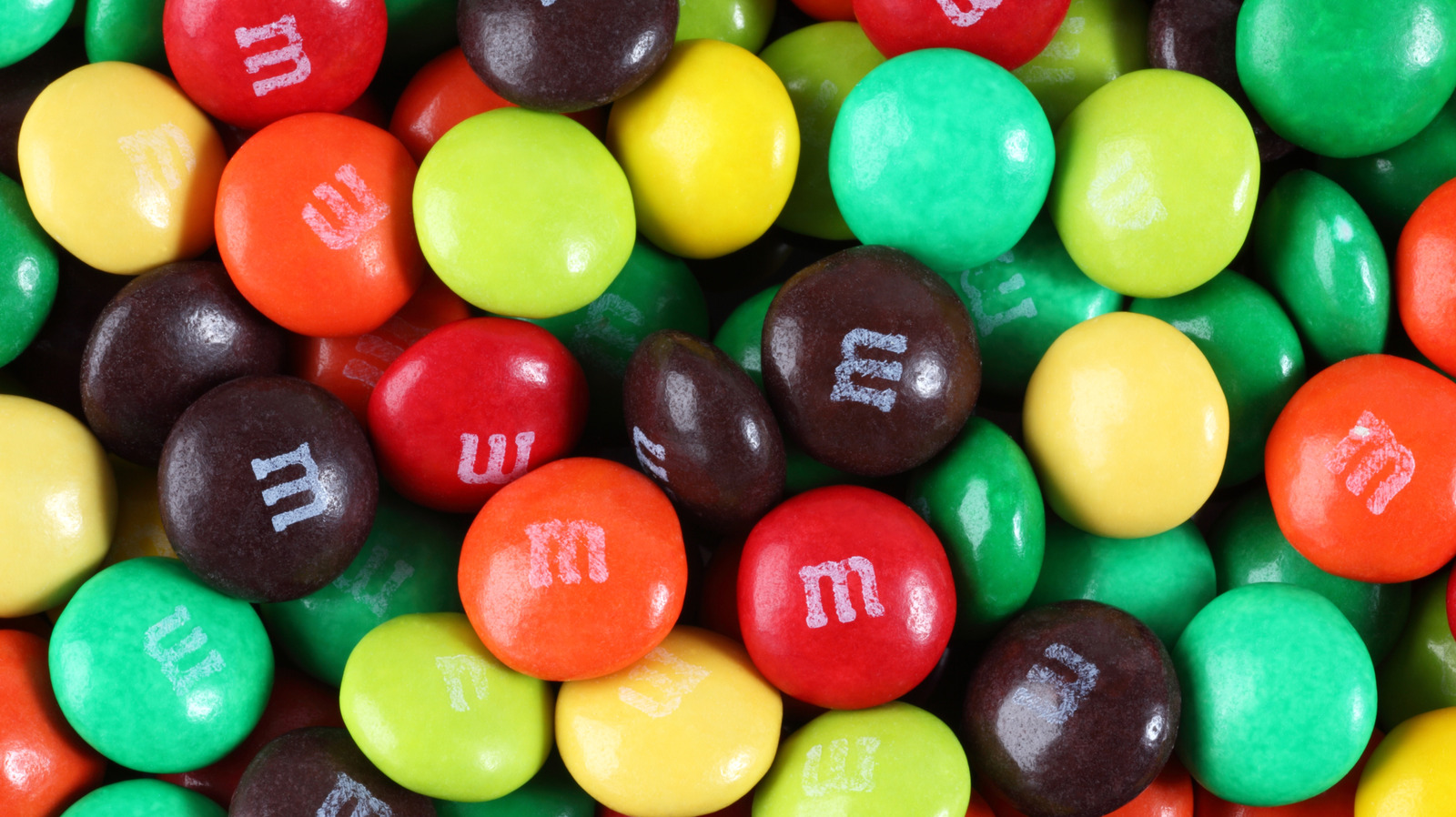
"War is a divisive subject. There's nothing positive about the loss of millions of lives. However, despite the immense destruction caused throughout history, some of the world's most iconic foods have resulted from wartime. Take candy, for example. M&Ms were literally inspired by a need to create candy for soldiers that could withstand the terrible conditions of war. It's true what Plato said, that "Necessity is the mother of invention." And sadly, there are few conditions that drive food innovation better than wartime, when lives are at stake and everyday ingredients truly become luxuries."
"The candy that "melts in your mouth, not in your hand" was invented in 1941 by Forrest Mars Sr., the son of Frank C. Mars, founder of Mars, Inc. After falling out with his father, Mars Sr. relocated to England in 1932 to make Mars bars for British troops. Four years later, when the Spanish Civil War started, he noticed that volunteers from Britain were eating small chocolate candy rations coated in hard sugar shells. At the time, portable refrigeration technology wasn't as widespread, which meant that perishable foods like chocolate were less available during the summer season and generally had a short shelf life on the go. The coating prevented the chocolate from melting, which inspired Mars Sr. to develop his own version."
"Mars Sr. partnered with Bruce Murrie, the son of Hershey president William Murrie, to create M&Ms, the name being an acronym for Mars and Murrie. They were initially made with Hershey's chocolate. Having worked with troops in England during wartime, Mars knew that chocolate and sugar would be in short supply after World War II began"
Wartime conditions spurred significant food innovation, producing many iconic candies. Candy manufacturers adapted recipes and production methods to meet military needs and shortages. Forrest Mars Sr. created M&Ms in 1941 after observing sugar-coated chocolate rations eaten by volunteers during the Spanish Civil War. Mars relocated to England in 1932 to make Mars bars for British troops and later partnered with Bruce Murrie of Hershey to produce M&Ms, initially using Hershey's chocolate. Portable refrigeration limitations and anticipated postwar shortages of chocolate and sugar prompted development of shelf-stable, non-melting confections and broader expansion of the candy industry.
Read at Tasting Table
Unable to calculate read time
Collection
[
|
...
]